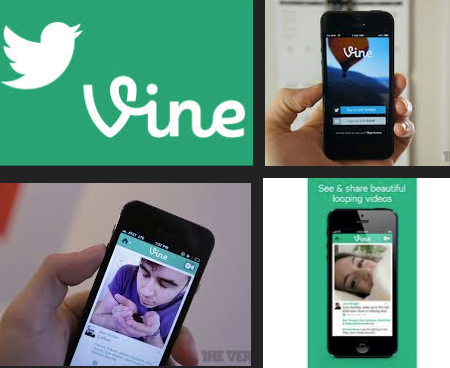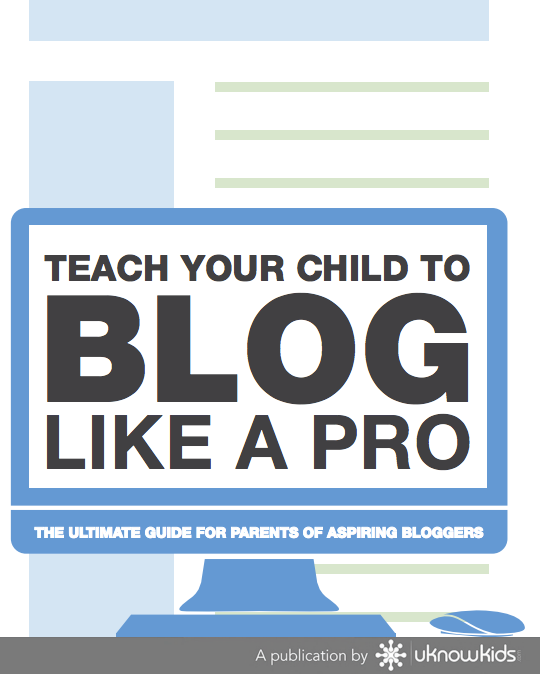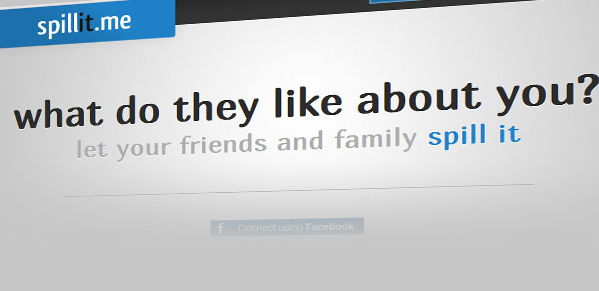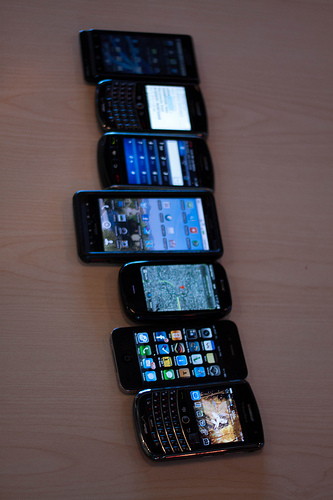This article was originally published in the Huffington Post by Sasha Belenky.
1. 'Social Media Is Destroying Our Lives'
Nancy Jo Sales, who wrote the Vanity Fair article that became the major motion picture "The Bling Ring," is back in the magazine with a look at teenage relationships in the age of social media. Adults may be shocked -- shocked! -- to learn that teens today are obsessed with sex. And Facebook, Twitter, Instagram, Snapchat, Tinder and other online tools are seemingly robbing America's youth of meaningful, loving relationships.
“We don’t date; we just hook up,” one girl in L.A. tells Sales. "Oral is, like, the new kissing,” says another girl in New York. Boys pressure girls to send them nude photos. “They’re definitely more forward to us online than in person,” says one girl, Zoe. “Because they’re not saying it to our faces.”
A group of friends at the mall sums up the Catch-22: “Social media is destroying our lives,” one girl tells Sales. “So why don’t you go off it?” Sales asks. "Because then we would have no life,” another girl responds.


2.jpg)











.jpg)


